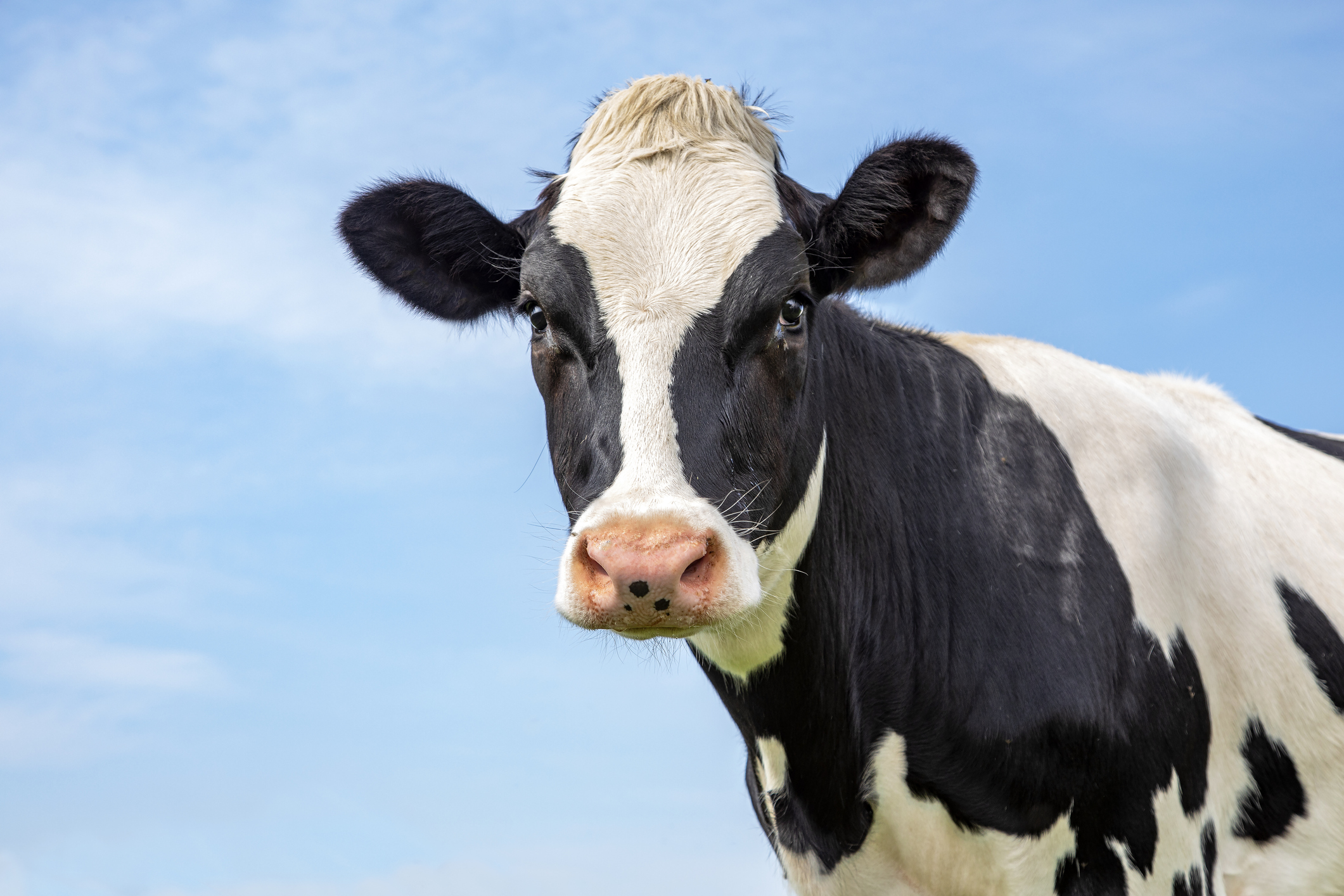Companies like Perfect Day, Impossible Foods, and a host of other startups that are developing replacements for animal farmed goods used in food, clothes, cosmetics, and chemicals have raised a whopping $1.5 billion through the first half of the year.
That’s according to a new report from The Good Food Institute which is tracking the growth of investments into sustainable foods. The report identified fermentation technologies as a rising third pillar of foundational technologies on which new and established food brands are making products that swap out animal products for other protein sources.
Fermentation technologies, which use microbes like microalgae and mycoprotein, can produce biomass, improve plant proteins and create new functional ingredients, and companies developing and deploying these technologies have raised $435 million in funding through the end of July 2020. It’s an indication of how competitive the market is for food technologies, representing an increase of nearly 60 percent over the $274 million invested in all of 2019, according to GFI.
“Fermentation is powering a new wave of alternative protein products with huge potential for improving flavor, sustainability, and production efficiency. Investors and innovators are recognizing this market potential, leading to a surge of activity in fermentation as an enabling platform for the alternative protein industry as a whole,” said GFI Associate Director of Science and Technology Liz Specht, in a statement. “And this is just the beginning: The opportunity landscape for technology development is completely untapped in this area. Many alternative protein products of the future will harness the plethora of protein production methods now available, with the option of leveraging combinations of proteins derived from plants, animal cell culture, and microbial fermentation.”

Portait of the head of an adult black and white cow, gentle look, pink nose, in front of a blue sky. Image Credit: Getty Images
As the $1.5. billion figure indicates, big-time investors are taking notice. Funds like the Bill Gates -backed Breakthrough Energy Ventures, Temasek, Horizons Ventures, CPP Investment Board, Louis Dreyfus Co., Bunge Ventures, Kellogg, ADM Capital, Danone, Kraft Heinz, Mars, and Tyson Foods’ investment arm have all backed companies in the industry.
In all, fermentation-focused startup companies raised 3.5 times more capital than cultivated meat companies worldwide and almost 60 percent as much as U.S. plant-based meat, egg, and dairy companies, according to the GFI.
As the industry has grown up, since Quorn became the first company to use fermentation-derived proteins back in 1985, big industrial companies have started to take notice.
While there are at least 44 startups focused on alternative proteins worldwide, according to the GFI report, large publicly traded companies like Novozymes, DuPont, and DSM are also developing product lines for the alternative protein business.
“Given the breadth of applications, we believe that fermentation could solve many current challenges faced by alternative proteins. On the one hand, biomass fermentation can create nutritious, clean protein in a highly efficient and low-cost way. On the other hand, the potential for precision fermentation to produce value-added, highly functional, and nutritious ingredients is very exciting and could revolutionize the plant-based category,” said Rosie Wardle, an investor with the CPT Capital, which specializes in backing startups developing novel protein production technologies. “From an investment perspective, we are very excited about the white space opportunities in this category, and we are actively looking to increase our investments in the space. This new report from GFI is the first comprehensive overview of fermentation for alternative protein applications and should be required reading for everyone who wants to create a more efficient and less harmful global food system.”

Recent Comments